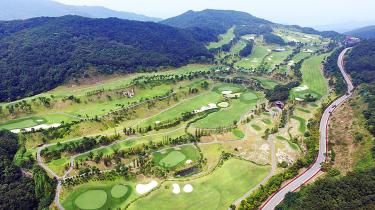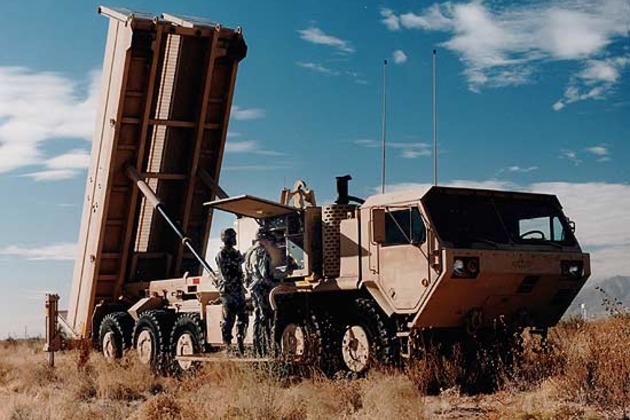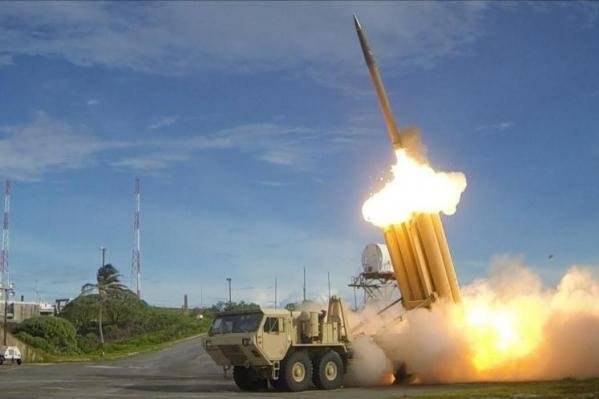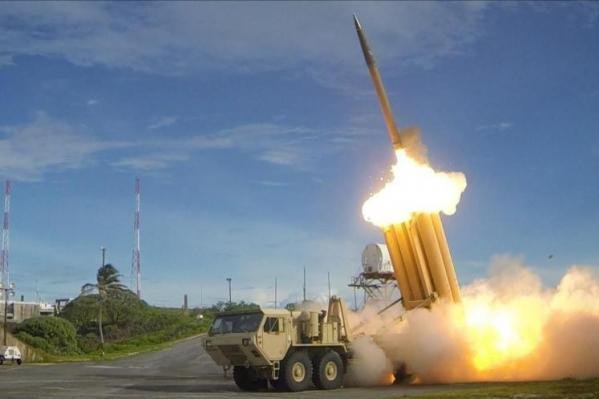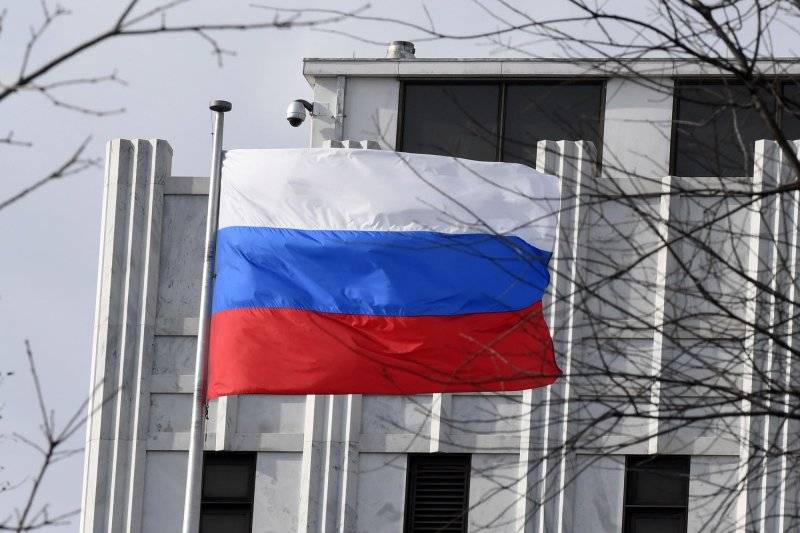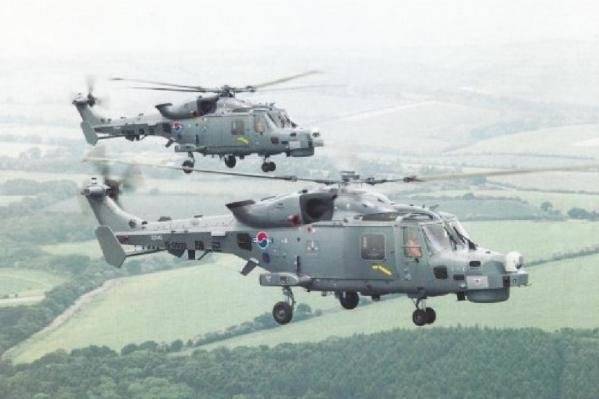POLITICS - Turkey knows everything about Syrian's 700 missiles, foreign minister says“The protection from NATO will be three dimensional; one is the short-range Patriots, the second is the middle-range Terminal High Altitude Air Defense [THAD] system and the last is the AEGIS system, which counters missiles that can reach outside the atmosphere.” With this integrated system, Turkey will have maximum protection, he said.
Germany will send the Patriots.
Ground-based THAAD and ship-based AEGIS will come from Obama.
Syria has 700 missiles capable to deliver chemical weapons.
Last edited:



